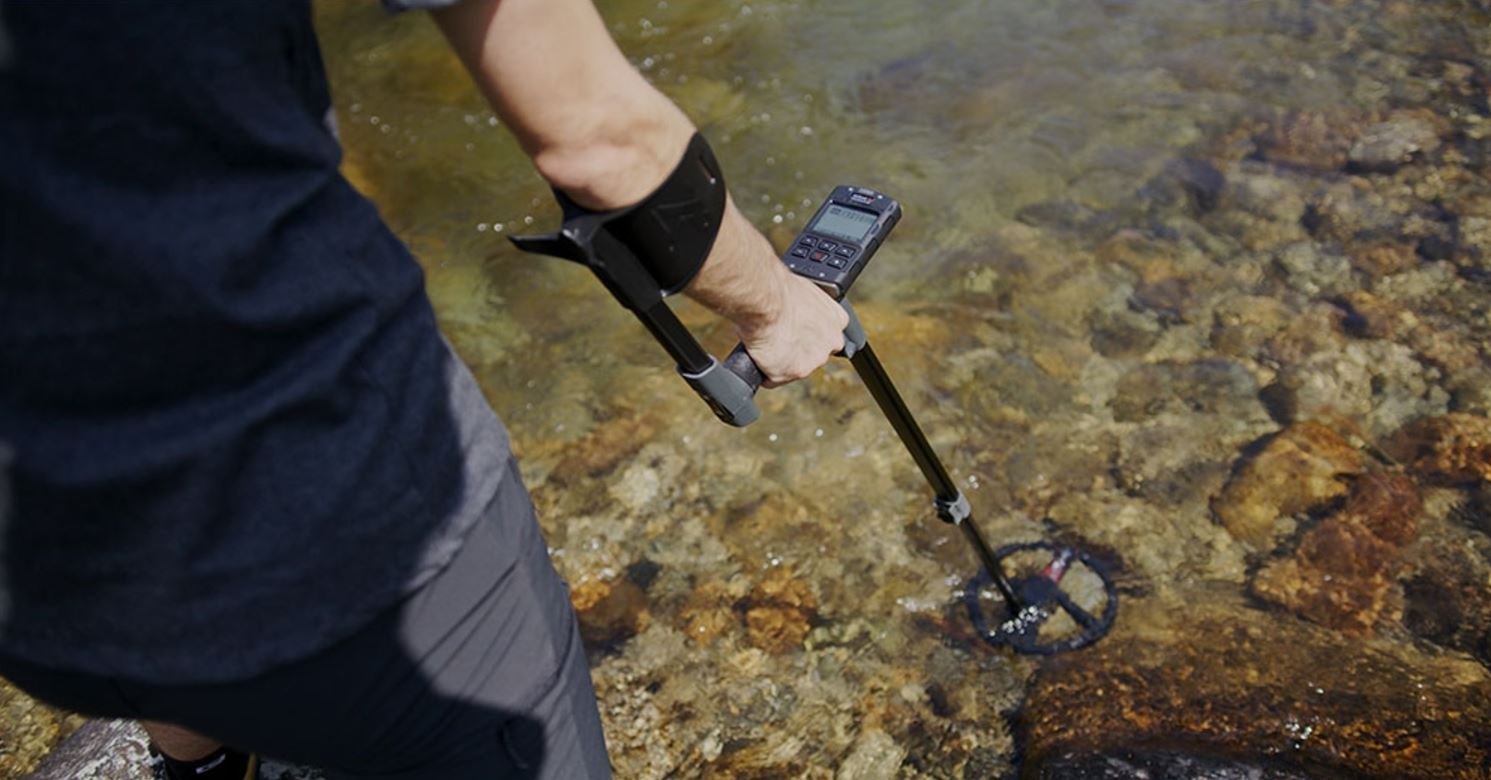Gold prospecting is an exciting hobby that combines adventure, patience, and precision. Whether you’re searching for nuggets in the desert or fine gold in riverbeds, the key to success lies in choosing the right metal detector. Not all detectors are made for gold — some are better suited for coins or relics — so it’s essential to pick one that’s built specifically to handle mineralized ground and small gold targets. Here’s a complete guide to metal detectors for gold and how to choose the perfect one for your prospecting journey.
Why You Need a Specialized Gold Metal Detector
Gold metal detectors are designed to locate tiny gold flakes and nuggets buried deep underground. Unlike regular detectors, they operate on higher frequencies that can detect even the smallest pieces of gold. They also feature advanced ground balance systems to handle the highly mineralized soils common in gold-rich areas.
Key Benefits of Gold Metal Detectors:
Superior sensitivity to small gold pieces
Adjustable ground balance for mineralized terrains
Depth detection for larger gold nuggets
High-frequency operation for better target precision
Top Metal Detectors for Gold in 2025
1. Minelab GPX 6000
Best for: Professional gold prospectors
The Minelab GPX 6000 is one of the most advanced gold detectors available today. Built for professional use, it features GeoSense-PI technology that accurately analyzes gold signals even in difficult terrains. Its lightweight design and simple interface make it user-friendly despite its high-end performance.
Highlights:
Detects all gold sizes — from small flakes to large nuggets
Automatic ground balance and noise cancelation
Waterproof coil for river or creek detection
2. Garrett AT Gold
Best for: Intermediate gold hunters
Garrett is a trusted American brand, and the AT Gold is designed for serious prospectors who need a balance between performance and price. This detector operates at 18 kHz, ideal for detecting small gold targets, and it’s fully waterproof up to 10 feet — great for shallow stream searches.
Highlights:
High-frequency sensitivity
Waterproof and durable design
Audio target ID for better accuracy
3. Fisher Gold Bug 2
Best for: Detecting small gold nuggets
A favorite among gold hunters, the Fisher Gold Bug 2 operates at 71 kHz — one of the highest frequencies in the market — giving it unmatched sensitivity to fine gold particles. It’s perfect for prospecting in rocky or mineralized soils.
Highlights:
Ultra-high frequency for fine gold detection
Lightweight and easy to carry
Manual ground balance control
4. Nokta Gold Finder 2000
Best for: Easy gold detection in tough conditions
The Nokta Gold Finder 2000 offers powerful performance with simple operation. Designed for both beginners and professionals, it handles tough soils with ease and provides excellent depth detection. It’s an all-weather machine perfect for gold fields and mountain areas.
Highlights:
Simple “turn-on-and-go” interface
Auto ground balance
Rainproof and durable construction
5. Minelab Equinox 800
Best for: Multi-purpose gold and coin hunting
If you want a versatile detector that works for gold as well as coins and relics, the Equinox 800 is a perfect choice. It features Multi-IQ technology that allows simultaneous frequency detection, making it highly adaptable to different terrains.
Highlights:
Multi-frequency operation
Waterproof up to 10 feet
Lightweight and travel-friendly
How to Choose the Right Gold Detector
When buying a gold metal detector, consider these factors:
1. Frequency:
Higher frequencies (18 kHz and above) detect smaller gold particles but have less depth range. Lower frequencies detect deeper gold but may miss tiny pieces.
2. Ground Balance:
Choose a detector with automatic or manual ground balance to filter out interference from mineralized soil.
3. Sensitivity and Depth:
For gold prospecting, sensitivity is more important than depth. Gold flakes are often shallow, so focus on precision detection.
4. Portability:
Lightweight and waterproof designs are ideal for long field hunts and stream prospecting.
5. Budget:
Beginners can start with affordable models like the Garrett AT Gold or Fisher Gold Bug, while professionals may prefer high-end devices like the Minelab GPX 6000.
Tips for Successful Gold Detecting
Research locations: Check known gold hotspots or old mining areas.
Use proper gear: Carry a pinpointer, digging tool, and gold pan for recovery.
Adjust settings often: Adapt your ground balance and sensitivity to changing soil conditions.
Stay patient: Gold detecting requires persistence — every signal could lead to something valuable.

Final Thoughts
Metal detecting for gold is both thrilling and rewarding, especially when you’re equipped with the right tools. From high-end models like the Minelab GPX 6000 to budget-friendly detectors like the Fisher Gold Bug 2, there’s a perfect device for every prospector. Choose wisely based on your skill level, terrain, and budget — and you might just uncover your next golden treasure beneath the surface.
